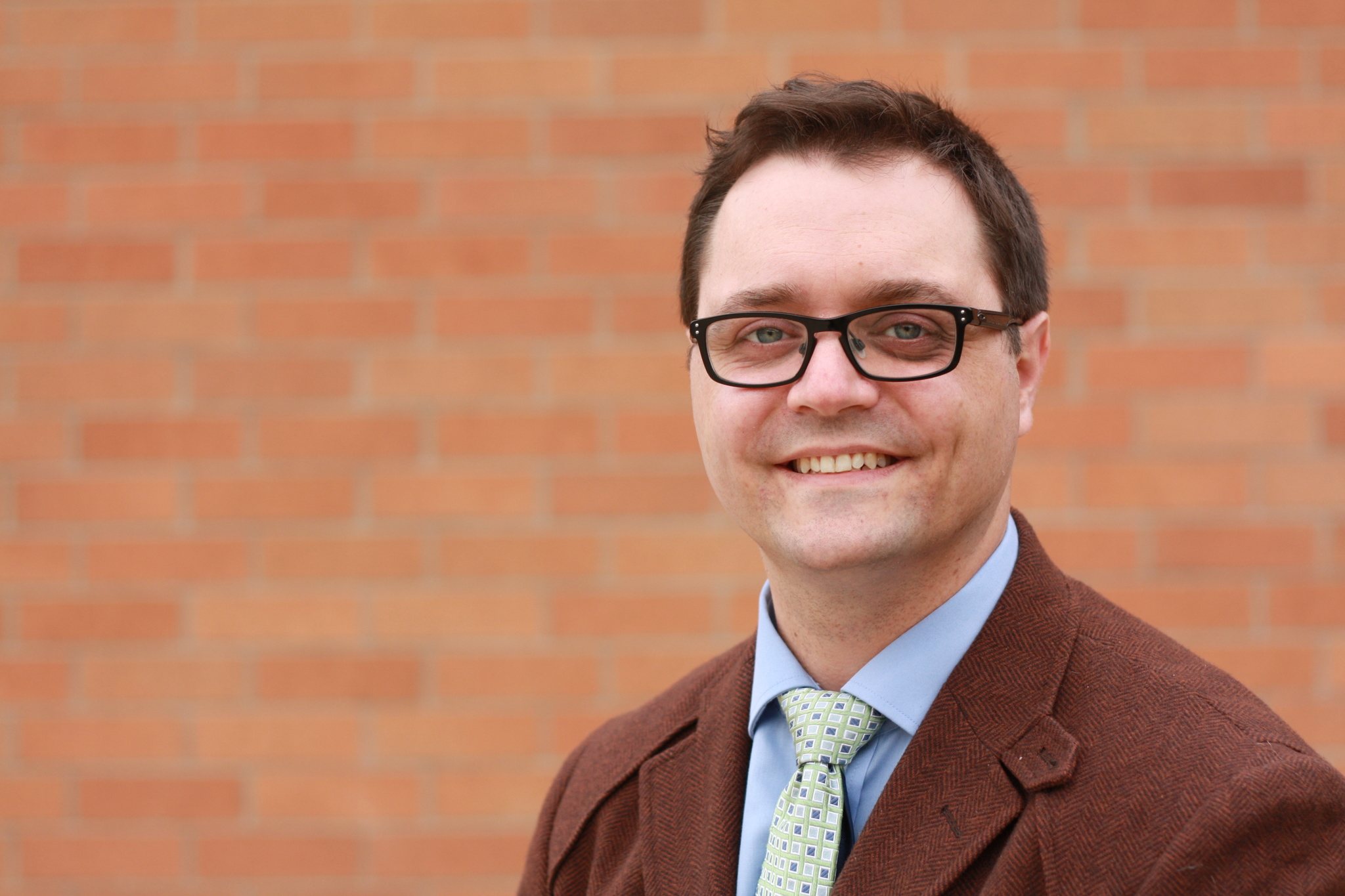Renter advocate Jon Grant announced this morning that he’ll run against incumbent Tim Burgess for city council next year. Again. Maybe.
According to a press release, Grant is creating an “exploratory committee” to investigate a 2017 run for Burgess’ seat, which is one of two city-wide council positions. Whether or not that exploration turns into a fully-committed campaign depends on whether he can raise enough small donations to qualify for public election financing support, which Seattle voters approved last year. If Grant can get 400 people to each donate $10 to his campaign, he’ll qualify for public campaign matching funds and, he says, will commit to running against Burgess.
Last year, Grant tried and failed to take down Burgess, who many see as a bulwark of conservatism and/or moderation in Seattle’s legislative branch. When Burgess was toying with a run for the mayor’s office in 2013, the King County Democrats’ endorsement committee endorsed three other candidates—but not him. “We are concerned that he doesn’t share our Democratic values,” committee chair Michael Maddux said at the time. Last year, Grant hammered this message home on the campaign trail: “It’s pretty clear that Tim Burgess is trying to tilt left…to make up for his very conservative voting record.”
Burgess rejects this frame, pointing to his work expanding public preschool access and support for increased levies to pay for education and housing as evidence that he’s not conservative—he’s just pragmatic. “My political philosophy is grounded in what moves the needle and improves lives,” he told us last year. By all appearances, that’s a true statement, and it does a pretty good job of summarizing the fundamental difference between the two men. Burgess supports gradual change, tinkering with a system that works pretty well but has room for improvement. Grant supports more radical change in which the status quo is a starting point for change, not the end-goal.
Last year, Burgess trounced Grant in the general election. That ten-point victory can be partly attributed to money: Burgess outfundraised Grant by a factor of five to one, and the average size of donations to Burgess was much larger than for Grant. Next year, political donations will be less important, thanks to Seattle’s public campaign financing. And with Donald J. Trump in the White House, it’s possible that moderates like Burgess will have a harder time keeping votes in 2017.








